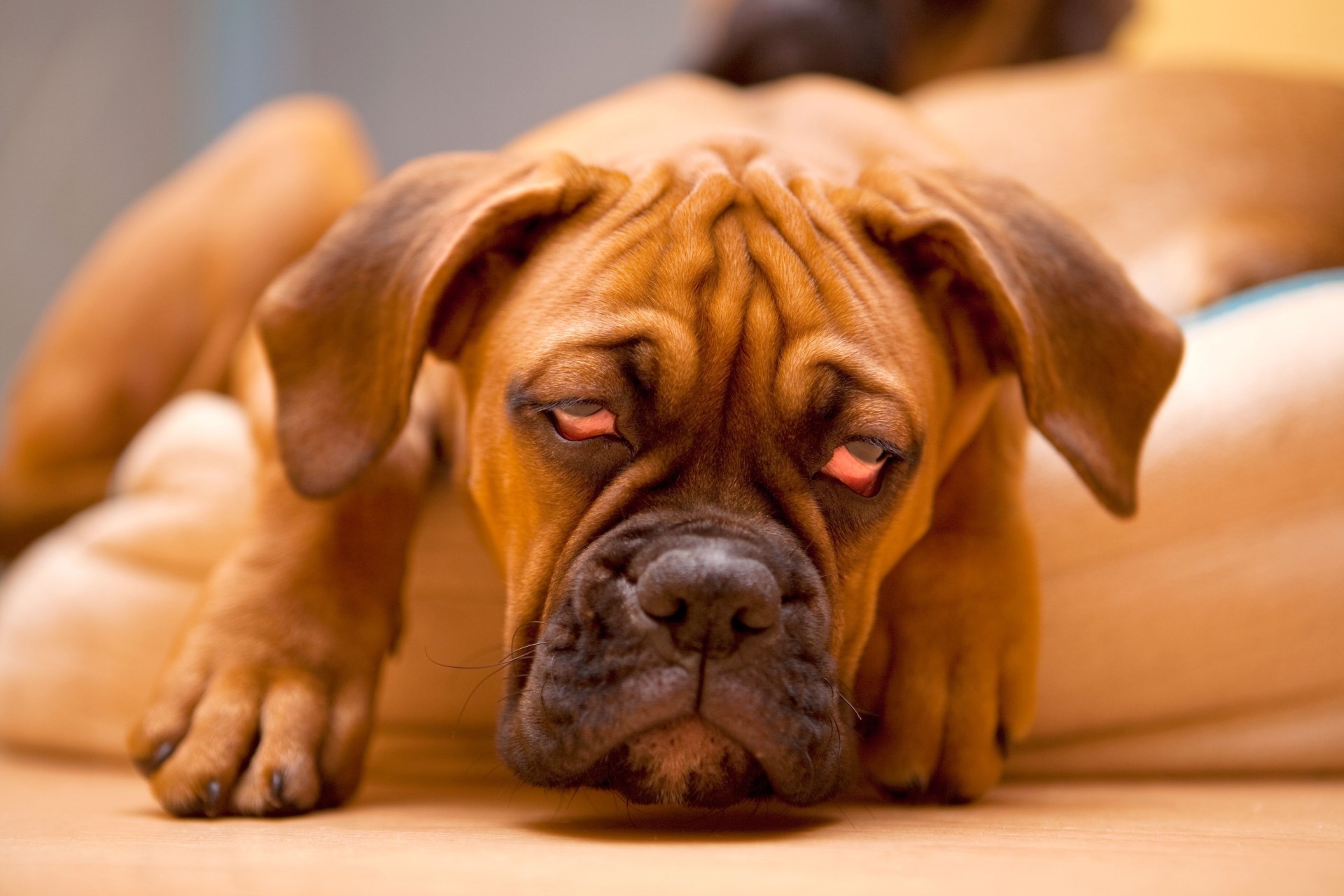By Stephen T. Sinatra, M.D., F.A.C.C., F.A.C.N., C.N.S., C.B.T.
It’s the season to be jolly, and, for many, license to drink more than one should. If you overindulge, here’re some hangover remedies to get your body back to normal.
Now, I’m not a fan of drinking too much, and have always recommended that men to keep it to 1-2 drinks daily and women to 1 (with red wine as the preferred beverage) due to the long-term health risks of heavier alcohol consumption. That being said, while prevention is always the best cure for a hangover, going overboard sometimes happens…
Hangover Symptoms
The “hangover syndrome,” as some medical experts call it, is the first pharmacological effects of alcohol after the feeling of intoxication has worn off.
Hangovers are said to involve three rather independent groups of symptoms:
1. Headache is the most common, typically a pounding pain that Scandinavians liken to having carpenters in your head. It is similar to vascular headaches (such as cluster and migraine) when blood vessels in the head dilate and irritate adjacent nerve endings.
2. Gastro-intestinal disturbances − nausea, vomiting, and diarrhea.
3. A grouping including tremors, hot and cold flashes, sensitivity to bright lights, sweating, guilt, and depression. If you experience one or more of these symptoms, you also tend to suffer headaches and/or gastro-intestinal upset.
Research shows that hangovers are usually at their punishing worst some 12 hours after the blood alcohol level peaks. With a typical evening drinking episode of 3-4 hours, the blood level will peak at around 11 pm. Symptoms begin to appear while the level is falling, however the height of the hangover occurs usually after the level is essentially zero. Recovery arrives about 24 hours after the time of drinking.
The amount of alcohol necessary to create a hangover is very individual. Some people are much more susceptible than others, even with the same level of blood alcohol. Differences aside, the intensity of a hangover usually relates to the amount of alcohol that is consumed.
Hangover Remedies
What cures a hangover? Here are some tips to help restore normalcy, provided with a doctor’s compassion but no guarantee for total immediate relief:
- Alcohol is a diuretic. You urinate much more than the amount of the fluid you take in, creating a relative state of dehydration. Try an Alka Seltzer-type product, combining pain reliever and stimulant with liquid to restore the body’s depleted fluid level.
- Try that enduring doctor’s dictum: drink a lot of fluids and get plenty of rest.
- Eat lightly to supply needed nourishment without straining your tender digestive tract. No heavy meals until you can handle it.
- Vitamin C (1,000 mg) twice a day for a couple of days to help protect the body against cellular damage wrought by alcohol.
- B complex, also twice a day. Alcohol interferes with these essential vitamins that are extremely important to nervous system function.
- Magnesium (400-800 mg). Alcohol’s diuretic effect depletes the body of minerals, including magnesium. Magnesium helps protect against abrupt constriction of blood vessels that can lead to headaches. Another good way to get magnesium in the body is a bath with Epsom salts.
- N-acetyl-cysteine (500-1,000 mg). This amino acid, available in health food stores, replenishes glutathione, the body’s most powerful antioxidant. After a drinking bout the liver gets severely taxed in its detoxification efforts and uses up much more glutathione than usual. Taking NAC helps restore the glutathione supply and facilitates the detoxification process thus easing the hangover.
If nothing works, you’ll just have to suffer a bit. You’ll get over it.

© 2015 Heart MD Institute. All rights reserved.











